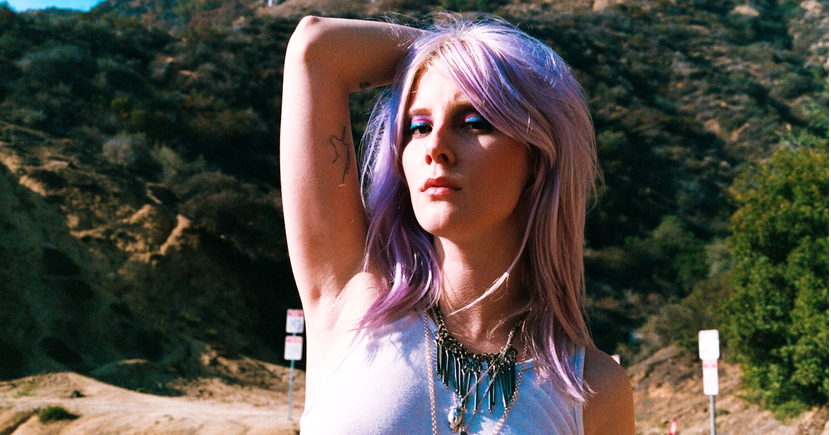One of my friends is in an abusive relationship. She and her girlfriend have been together for a year or so now and things are not great. Recently, my friend’s girlfriend freaked out at her over a text message a female friend of hers sent. Her girlfriend beat her up, threw her cellphone across the room and then stomped on her laptop and broke that, too.
Beyond the spouts of physical abuse, my friend’s girlfriend is emotionally abusive and treats her like some shitty, annoying friend who she happens to live with. My friend also caught her girlfriend cheating on her last year, but she still refuses to leave her. She makes all these excuses for her girlfriend’s behavior and sticks around regardless of the insanity. I’m one of the few friends who knows the truth about their ugly relationship.
I have offered my home to her and given her many options, but she just shrugs and swears that her girlfriend will change. I’m beyond frustrated. I’m at the end of my sympathy here, but I do not want to give up on my friend.
I care about her so much and I want the best for her life. What do I do?
Despite popular belief, domestic violence is a big LGBTQ issue. And abusive partners, no matter what their gender or sexual orientation, abuse for the same reasons: to gain power and control.
According to a recent study conducted by The National Violence Against Women Prevention Research Center, 35.4 per cent of women living with a same-sex partner experienced intimate-partner physical violence during their lifetimes. Gay men grabbed the silver medal with 21.5 per cent, compared to 7.1 per cent for straight men and 20.4 per cent for straight women.
These studies refute archaic myths that we have convinced ourselves about the nature of females and violence, mainly that we are incapable of it. Domestic violence isn’t just between some big, beer-slugging redneck and his poor, abused wife as the pop culture caricature depicts. It lives in many households, even the ones we would least expect.
There are many reasons why LGBTQ people are less likely to confide in their friends for help when it comes to domestic abuse, such as fear of a legal system that, until recently, has not done a very good job of recognizing their rights; shame that society will scrutinize them in a harsher manner; or, for those who aren’t out yet, that they will have to out themselves.
I am deeply sorry about what is happening to your friend. It pisses me off just thinking about it. Your friend’s girlfriend’s behavior is most likely not new. She has probably done this to other girlfriends and perhaps it was even part of her life growing up. She probably has little idea what a healthy relationship should look like. We don’t just abuse out of nowhere – it is learned behavior. Just makes me think about what a huge responsibility being a parent is. I’m glad mine were not shitty.
The reason your friend is reluctant to leave her girlfriend is because she believes her girlfriend loves her. Her girlfriend apologizes, promises to do better, and your friend believes her because she really wants to. I’m sure they have had good times. But this pattern will repeat over and over and over, until your friend breaks the cycle. Why would the abuser suddenly stop? There have been zero consequences for her. She gets to act out her rage and suffer nothing but guilt. (And the guilt probably washes away the moment your friend accepts her vacant apology.) Just like you can’t force an adult into rehab, you can’t make your friend leave her abuser. You have to continue to support her, no matter what. That being said, support means honesty. Tell her what you see and how this makes you feel. Don’t emotionally coddle her with lies. The truth is important.
“Your girlfriend treats you like shit and this is not a healthy relationship.”
Say these things, and follow them with a reminder that you are only saying this because you care about her and you want better.
I would also try to get her to visit EndingViolence.org or the National Domestic Violence Hotline at 1-800-799-7233 (SAFE). They specialize in LGBTQ issues and it’s completely anonymous. She can get some perspective from a professional who won’t utter a peep to anyone.
Good luck. You are a good friend.
Love, Mish
EMAIL MISH
Send Mish your own sex questions and queries to [email protected]



